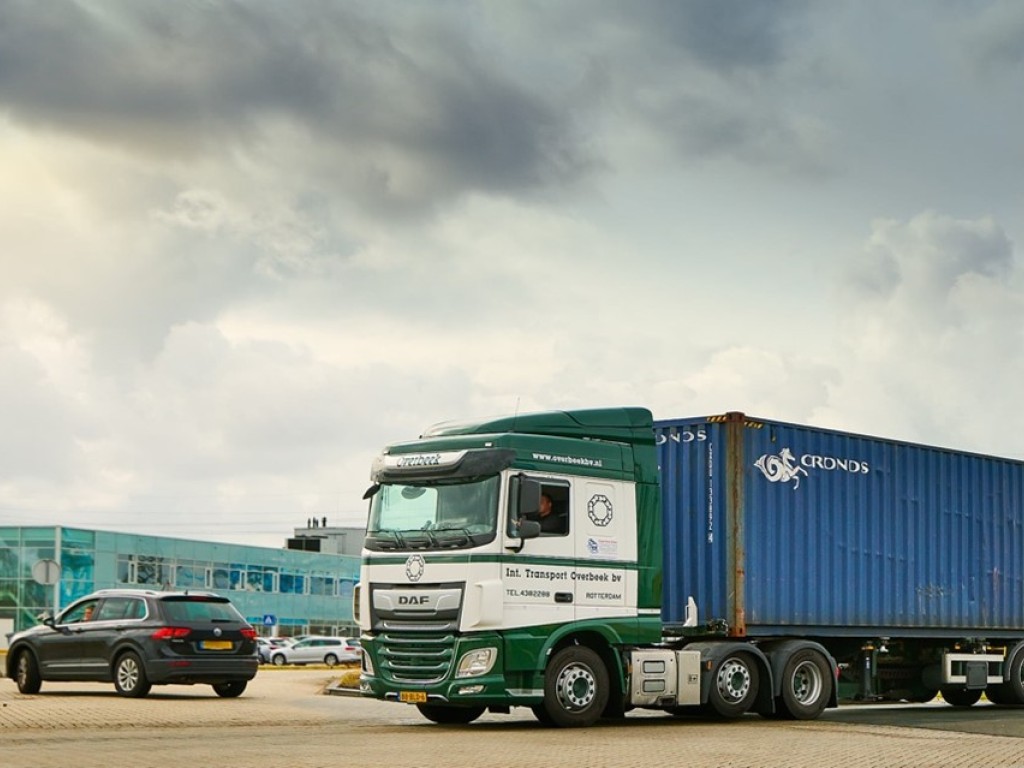STRiDE: Strategies for Resilience in Disruptive Environments

Global supply chains are under pressure due to an increasing number of disruptions and rapid changes in trade policy. In addition to natural disasters, geopolitical tensions such as the war in Ukraine, the crisis in the Red Sea, regional protectionism and rapidly changing legislation surrounding generative AI (GenAI) are playing an increasingly important role. These developments are disrupting logistics flows and creating new demands on routes, storage strategies and distribution networks. Logistics companies are being forced not only to respond quickly to acute disruptions, but also to adapt their long-term strategies to create a more resilient system.
The STRiDE (Strategies for Resilience in Disruptive Environments) research project focuses on increasing the resilience of global supply chains and Dutch logistics against both human and technology-driven disruptions. These include geopolitical risks such as trade barriers or strikes, but also risks arising from the misuse of generative AI, such as misinformation or unclear responsibilities.
The project has three main ambitions:
- Develop scenario and contingency planning tools:
STRiDE is developing interactive tools that support companies in assessing risks. Two indices are being developed for this purpose: a Geopolitical Risk Impact Index (GRII) and a Generative AI Impact Index (GAII). These will be integrated into realistic simulations and dashboards that enable logistics professionals to visualise threats and explore appropriate responses. - Mapping effects at company level:
Data analysis and practical research are used to investigate how geopolitical and AI-related disruptions affect supply chains. A distinction is made between direct and indirect effects on business operations, logistics networks and decision-making. - Designing tailored risk management strategies:
STRiDE provides companies with concrete tools to manage risks arising from international conflicts, policy changes and AI-related uncertainties. These strategies help to ensure operational continuity, even in the event of unexpected shocks.
The project is being carried out by a multidisciplinary team of researchers with expertise in logistics, strategy, economics and digital technologies. Two participating companies are providing practical case studies and testing the tools developed in realistic environments.
With STRiDE, the partners aim to contribute to a future-proof logistics sector that is better prepared for new forms of risk.